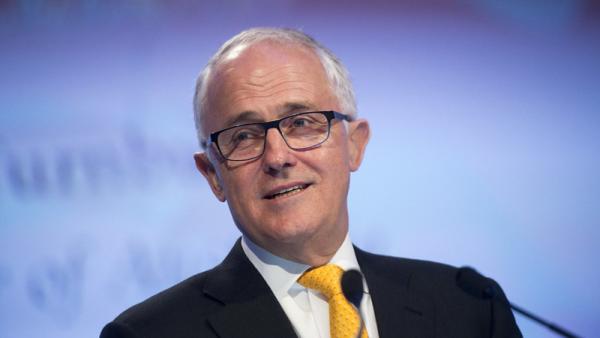
James Laurenceson, Deputy Director, Australia-China Relations Institute, University of Technology Sydney |
This article appeared in The Australian on 23 September 2015.
A challenge the Turnbull government faces is to secure the safe passage of the China free trade agreement.
Critics say one big change is required: new laws should be passed that make it mandatory for a job to be advertised in Australia before it is applied or supplied to somebody from overseas.
But be clear what this would mean: we’d be enacting a restriction with respect to the China FTA that we haven’t applied to those with Chile, Japan, South Korea, Malaysia, New Zealand, Singapore, Thailand and the US.
The Chinese may decide to just walk away. After all, as they see it, they are already the ones making the largest concessions.
While Australia is cutting tariffs of 5 per cent on Chinese T-shirts, China has committed to slashing tariffs of up to 30 per cent on Australian agriculture.
It’s not just some Australian trade unions that want the deal to fall over: dairy farmers in Inner Mongolia and cattle graziers in China’s central plains would be equally delighted.
Calls for labour market testing with respect to the China FTA are also puzzling because data from the Department of Immigration and Border Protection show nine out of 10 Chinese workers temporarily entering Australia are in skill level one and two occupations. These are managers and other professionals, not tradespeople, and there is no present legislative requirement for labour market testing for skill level one and two workers from any country. What our established FTAs do — and what our FTA with China proposes to do — is provide an exemption from a legislative requirement to conduct labour market testing for skill level three occupations, mostly trades-based, nursing and some engineering positions.
But there’s a more basic reason for rejecting this nostrum that new laws are needed to protect the country from being flooded with cheap Chinese tradespeople. This just isn’t going to happen.
Australia’s existing laws mean companies still would have to pay Chinese tradespeople the same wages and offer them the same conditions as local workers. This is the reason we haven’t been overrun by tradespeople from Thailand and Malaysia. Our trade agreements with these countries provide them with an exemption from labour market testing, and wages there are even lower than in China. Yet in the past nine months the number of skill level three workers entering Australia from Thailand was just 29; from Malaysia, 38.
If the China FTA had been in force during the same period, testing would have been removed for 269 Chinese workers. These 269 workers accounted for 0.7 per cent of all 457 visas granted to foreign temporary skilled workers during the period. The proportion has been less than 1 per cent in each of the past six years.
Dig into the data for individual skill level three occupations and the numbers disappear almost entirely. Consider electricians: in each of the past six years the number of Chinese electricians temporarily entering Australia has been fewer than five. The one exception was in 2012-13 when their number spiked to reach a grand total of seven.
There’s yet another reason to resist the calls for mandatory testing with respect to the China deal: it simply doesn’t work.
In July, the nonpartisan Migration Council Australia told the Treaties Committee examining the China FTA that labour market testing was abandoned in 2001 because it was ineffective. They explained: “Malicious employers could easily sidestep such regulation while the majority of employers who acted in good faith were burdened with administration proving the job advertisement requirement.”
It was reintroduced into the Migration Act for only a few occupations during the brief return of the Rudd government in 2013. Last year an independent review of the 457 visa scheme proposed it again be removed, for the same reason it was back in 2001.
China’s economy grew by $872 billion last year. In other words, in a single year China added new spending worth more than half of Australia’s gross domestic product. That’s the scale of the market we’ll get better access to than any other country. Last year China bought goods and services from Australia — beef, wine and holidays on the Gold Coast — worth $45bn more than we bought from it.
Author
Professor James Laurenceson is Deputy Director of the Australia-China Relations Institute at the University of Technology Sydney.


